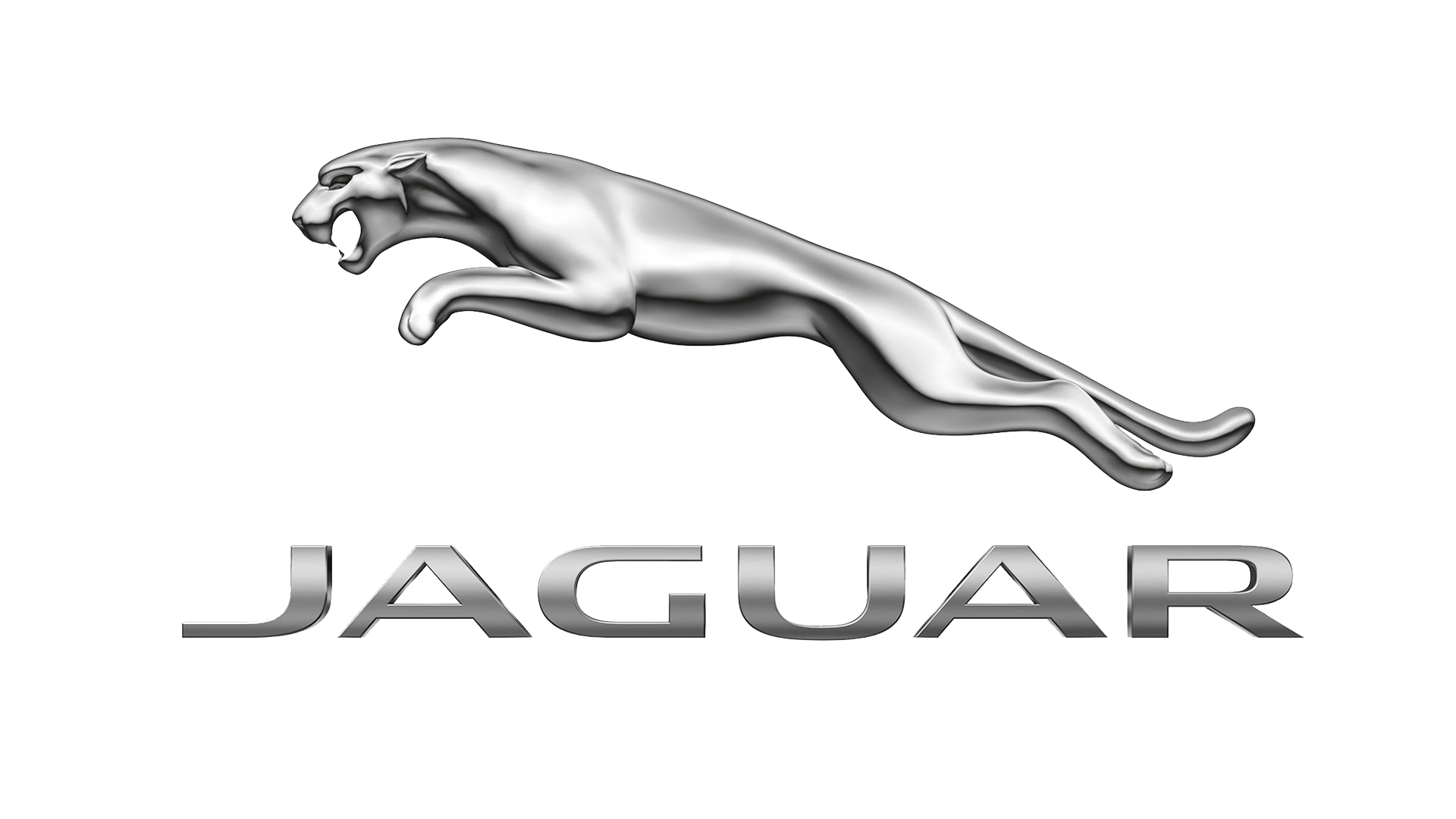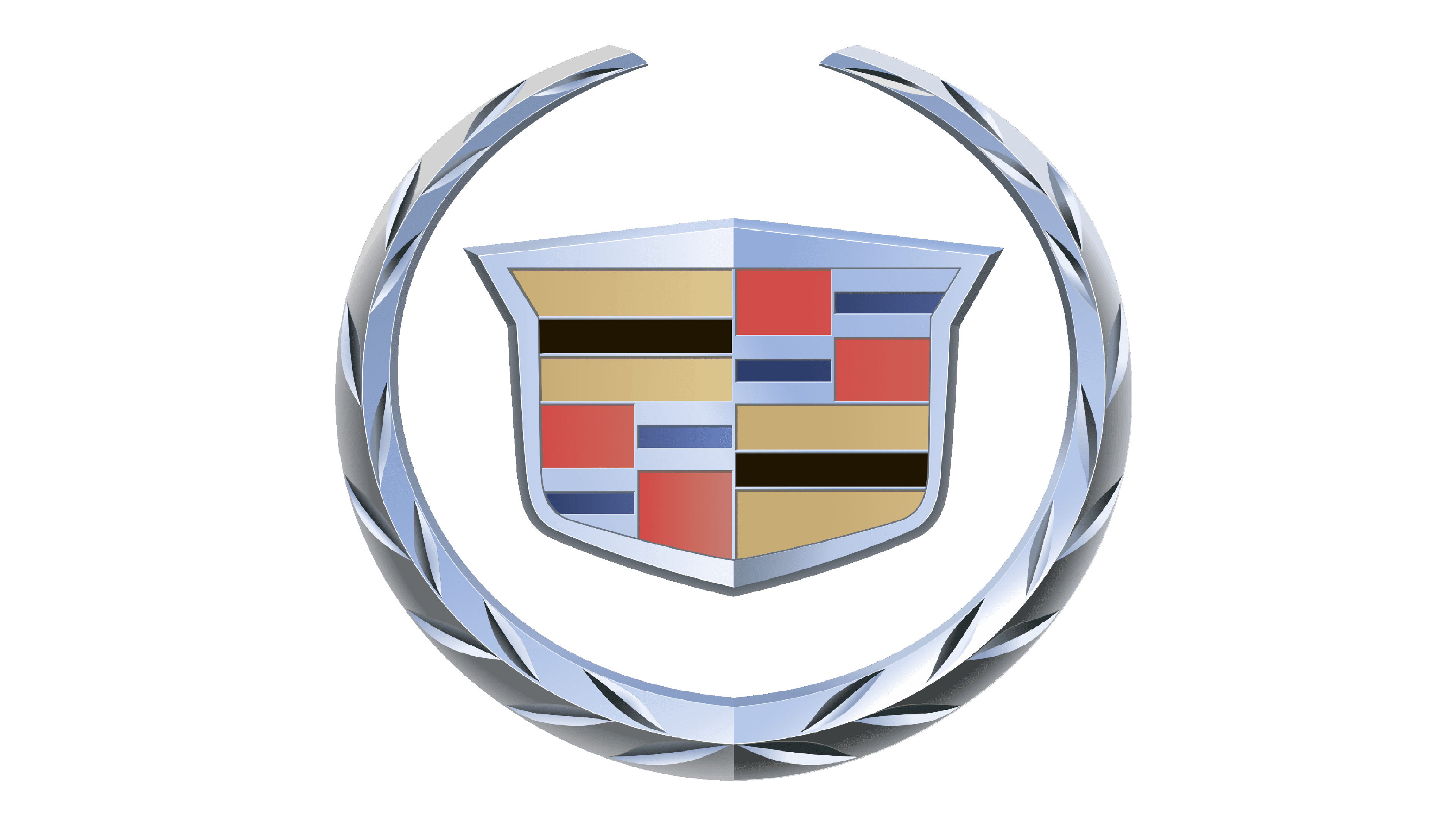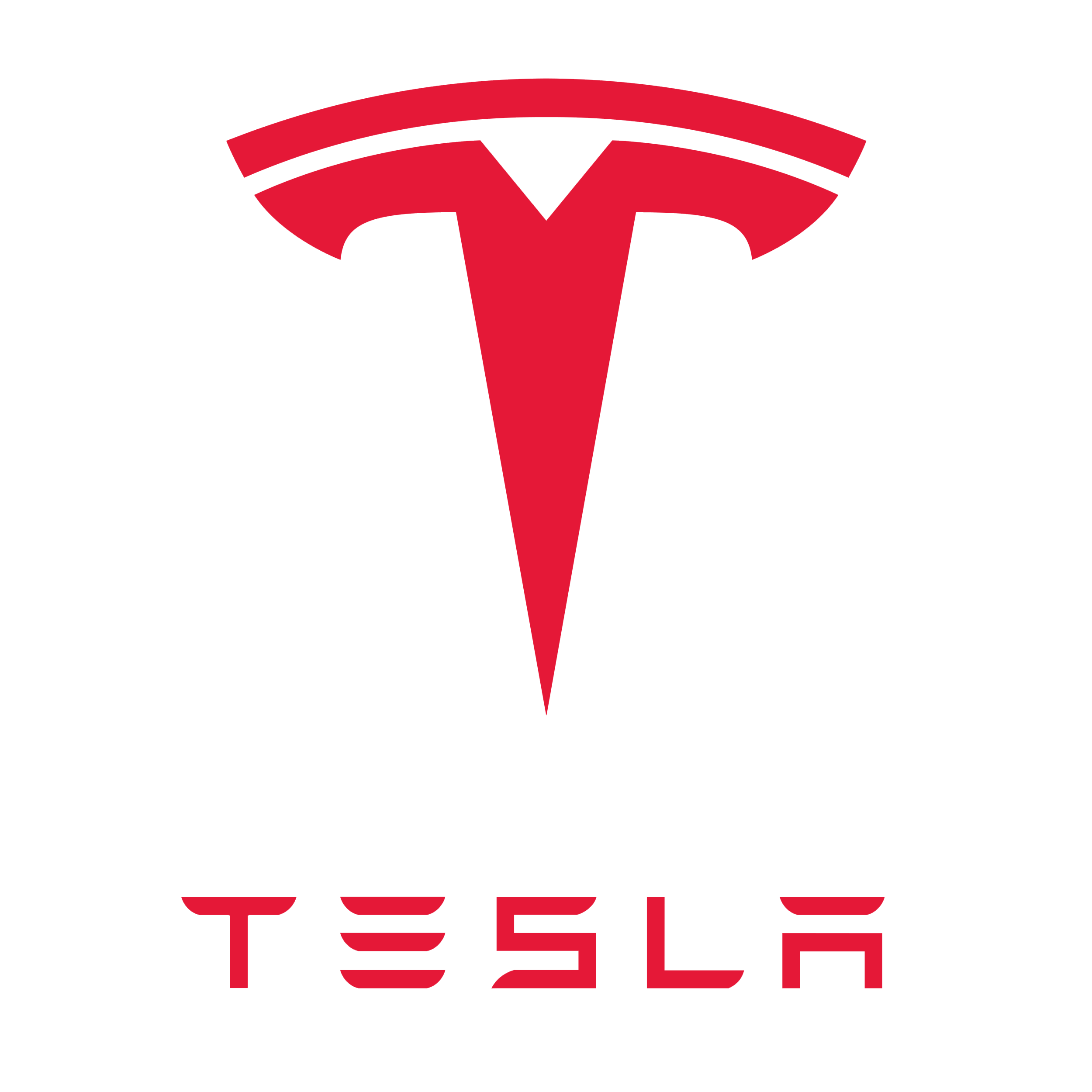Buying Great second hand cars in Australia makes smart financial sense. New cars lose value fast. A new car drops 20% in value when you drive it off the lot. Second-hand cars have already taken this hit. You save thousands of dollars right away.
Smart Financial Choice: Used cars save you money as they’ve already depreciated.
Wide Selection: Australia offers a huge range of used cars, including sedans, SUVs, and utes.
Lower Insurance Costs: Used cars have lower value, resulting in cheaper insurance and registration.
Popular Brands: Brands like Toyota, Honda, and Mazda are common in the used car market.
Potential Downsides: Hidden mechanical issues or damage may lead to higher maintenance costs.
Tips for Buying: Always check the car’s history and get it inspected by a mechanic to avoid unexpected costs.
Read More : Small japanese cars
Where to Find Good Second Hand Cars in Australia
Online Marketplaces
Carsales is Australia's biggest car website. It has thousands of listings from dealers and private sellers. You can filter by price, brand, and location. The site shows car history reports too.
Gumtree offers local deals and bargains. Private sellers often list here first. You might find great deals before they hit bigger sites. But be extra careful about inspections.
Nex- Drive is another trusted platform. It focuses on dealer listings.. The site has good search filters and car reviews.
Dealerships
Car dealerships offer certified pre-owned programs. They inspect cars before selling them. Many provide short-term warranties. This gives you peace of mind but costs more.
Dealers also handle paperwork for you. They know the legal requirements. This makes the buying process smoother. But you'll pay higher prices than private sales.
Car Auctions
Public auctions can offer good deals. You might find cars below market value. But you must inspect quickly and bid fast. There's no warranty or return policy.
Private Sellers
Private sellers often offer the best prices. They don't have business overhead costs. You can negotiate directly with the owner. But you get no warranty or guarantees.
See More : Asian car brands
Top 5 Popular Japanese Good Second-Hand Cars Australia
Japanese cars rule the great second hand cars australia market. These cars last long and cost less to fix. Many families pick Japanese brands. They know these cars work well for years. The second hand cars australia buyers love Japanese quality. Here are the top 5 picks.
1. Toyota Corolla
Review: The Toyota Corolla wins hearts across Australia. This small car fits tight parking spots. It uses less fuel than big cars. The engine runs smooth for many years. Parts are easy to find everywhere. Service shops know how to fix it. The car seats four people well. Storage space works for daily needs.
Price: Used Corollas cost $8,000 to $25,000. Older models cost less. Newer ones cost more. The price depends on the year and condition. Most people find good deals. The car holds its value well over time.
Reliability: Toyota builds tough engines. The Corolla rarely breaks down. Oil changes keep it running smooth. The car can drive 300,000 km easily. Many owners drive the same car for 10 years. Mechanics trust Toyota parts.
2. Honda Civic
Review: The Honda Civic looks sporty and modern. Young drivers love its style. The car handles corners well. It speeds up quickly on highways. The inside feels roomy for a small car. Tech features work without problems. The seats stay comfortable on long trips. Safety ratings score high marks.
Price: Second-hand Civics range from $10,000 to $30,000. Sports versions cost more money. Basic models suit tight budgets. The car keeps good resale value. Smart buyers find great deals at car lots.
Reliability: Honda engines last for decades. The Civic needs few repairs. Regular service keeps it healthy. The transmission shifts smoothly. Brake pads last longer than other cars. Honda parts work perfectly together. Owners rarely face big problems.
3. Mazda3
Review: The Mazda3 drives like a dream. It turns quickly and stops fast. The engine sounds quiet inside. Style looks fresh and modern. The dashboard is easy to use. Air conditioning works perfectly. Boot space holds weekly shopping. City driving feels effortless and fun.
Price: Used Mazda3 cars cost $12,000 to $28,000. Hatchback models cost less than sedans. Manual cars cost less than automatic ones. The price stays fair for the quality. Most dealers offer good warranty deals.
Reliability: Mazda builds solid cars that last. The Mazda3 starts every morning. Rust protection keeps the body strong. The engine runs quietly for years. Electrical systems work without faults. Service costs stay reasonable. Owners report few major issues.
4. Nissan X-Trail
Review: The Nissan X-Trail suits family adventures. It sits higher than regular cars. Seven seats fit big families. The engine pulls boats and trailers easily. All-wheel drive works on rough roads. Storage space holds camping gear. Kids find the back seats roomy. Safety features protect everyone inside.
Price: Second-hand X-Trails cost $15,000 to $35,000. Older models suit budget buyers. Newer ones offer more features. Four-wheel drive versions cost more. The price reflects the car's capabilities. Family buyers find good value.
Reliability: Nissan builds strong SUVs. The X-Trail handles tough conditions. The engine works hard without breaking. Suspension lasts through rough roads. Service intervals stay reasonable. Parts are easy to find. Most owners drive worry-free for years.
5. Subaru Outback
Review: The Subaru Outback conquers any road. It climbs hills without effort. The car sits high like a truck. Ground clearance avoids rocks and logs. All-wheel drive works in mud and snow. The engine sounds powerful. Inside space feels huge. Adventure lovers choose this car.
Price: Used Outbacks range from $18,000 to $40,000. Adventure models cost more money. Basic versions suit daily driving. The car holds value better than most. Smart buyers check for service history.
Reliability: Subaru engines run forever. The Outback survives harsh conditions. Boxer engines last longer than others. All-wheel drive systems rarely fail. The car needs regular oil changes. Subaru parts work perfectly together. Owners trust it for long journeys.
Comparison Table
|
Car Model |
Price Range |
Best For |
Fuel Type |
Seats |
|
Toyota Corolla |
$8,000 - $25,000 |
Daily driving |
Petrol |
4-5 |
|
Honda Civic |
$10,000 - $30,000 |
Young drivers |
Petrol |
4-5 |
|
Mazda3 |
$12,000 - $28,000 |
City driving |
Petrol |
4-5 |
|
Nissan X-Trail |
$15,000 - $35,000 |
Family trips |
Petrol |
5-7 |
|
Subaru Outback |
$18,000 - $40,000 |
Adventures |
Petrol |
5 |
Top Japanese Car Dealers in Australia
Nippon Imports Pty
This dealer brings cars from Japan. They check each car carefully. The team knows Japanese cars well. They help you pick the right car. The price is fair and honest. They fix any problems before you buy. Many customers come back to them.
Prestige Motorsport
They sell fancy Japanese cars. The cars look new and shiny. Each car gets a full check-up. The staff explains everything clearly. They offer good deals on payment. The showroom has many cars to see. People trust them for quality cars.
Garage Apex
This place loves car culture. They find rare Japanese cars. The team knows engines very well. They make cars look perfect. Young car fans shop here often. The prices are good for special cars. They understand what buyers want.
Tokyo Drive
They bring cars straight from Tokyo. The cars are in great shape. The dealer speaks Japanese fluently. They know the best cars to import. The process is simple and fast. Many second hand cars australia come through them. Customers get exactly what they want.
UniBee Australia
This dealer focuses on reliable cars. They test every car before selling. The staff is friendly and helpful. They explain all car features clearly. The warranty covers important parts. The buying process is easy to understand. They care about customer happiness.
Japanese cars are the best choice for many reasons. They last long and cost less to fix. The fuel economy saves money every day. Safety ratings are always high. These cars keep their value well over time.
Popular Second-Hand Car Brands Australian
Toyota
Toyota leads the Australian used car market. The Toyota Corolla is extremely popular. It's reliable and cheap to maintain. The Hilux ute is also in high demand.
Toyota cars hold their value well. Parts are easy to find Australia-wide. Service centers exist in every city and town. This makes Toyota a safe choice for used car buyers.
Honda
Honda makes reliable and fuel-efficient cars. The Civic sedan is very popular. The CR-V SUV also sells well in the used market. Honda vs Toyota comparisons show both brands are excellent choices.
Honda cars are known for lasting long. They have fewer mechanical problems than many brands. This makes them great value for money.
Mazda
Mazda offers sporty and practical cars. The Mazda 3 is a top seller. The Mazda 6 sedan is also popular. Mazda vs Toyota shows both brands compete well.
Mazda cars are fuel-efficient and fun to drive. They hold their value reasonably well. Service costs are usually affordable.
Ford
Ford has a strong Australian history. The Ranger ute is very popular. The discontinued Falcon still sells well used. Ford parts are widely available.
Other Notable Brands
Subaru makes reliable all-wheel-drive cars. Nissan offers good value options. Volkswagen provides European quality. Most reliable Japanese car brands include many popular choices.
Best and Worst Models
Best used cars include Toyota Corolla, Honda Civic, and Mazda 3. They are reliable and cheap to run. Worst choices include luxury cars with high maintenance costs. European cars can be expensive to service.
How to Inspect a Second-Hand Car Before Buying
Exterior Check
- Look at the car's paint carefully.
- Check for rust spots, especially around wheel wells.
- Look for dents and scratches.
- Mismatched paint might mean accident damage.
- Check all lights and indicators.
- Make sure they work properly.
- Look at the tires for even wear.
- Uneven wear suggests alignment problems.
Interior Check
- Sit in all seats and test them.
- Check that seat belts work properly.
- Test all buttons and switches.
- Make sure the air conditioning works.
Look for excessive wear on pedals and steering wheel. This might mean high mileage or hard use. Check that all windows go up and down smoothly.
Under the Hood
- Check oil levels and color.
- Dark, thick oil suggests poor maintenance.
- Look for leaks or corrosion.
- Check battery terminals for corrosion.
Listen to the engine running. It should sound smooth and steady. Unusual noises might mean expensive repairs ahead.
Test Drive
Test the car in a variety of conditions. The streets of the city and the highways should be tested. Ensure that the brakes are functioning smoothly. Ensure that the steering is responsive.
While driving, keep an eye out for unusual sounds. Make sure that the gears change smoothly. On a hill, test the handbrake.
Mechanical Inspection
It is advisable to have the car inspected by a qualified mechanic. In the long run, this will save thousands of dollars. It is the mechanic's responsibility to check things that you cannot see. Before you make a purchase, they can identify major problems.
Second-Hand Car Prices in Australia: What You Should Expect
Price Ranges
Budget cars cost is $5,000 to $10,000. These are older cars with higher mileage. They are good for first-time buyers or city driving.
Mid-range cars cost is $10,000 to $20,000. These offer better reliability and features. They are good for families and regular driving.
Premium cars cost $20,000 and up. These are newer or luxury models. They offer the latest features and technology.
Factors Influencing Prices
Age affects price the most. Newer cars cost more and Mileage also matters greatly. Lower mileage cars are worth more.
Brand reputation influences price. Toyota and Honda hold value well. Luxury brands lose value faster. Car condition affects price significantly.
Price Negotiation Tips
Research market prices first. Use Carsales and other sites to compare. Point out any problems you found during inspection. Be ready to walk away if the price is too high.
Private sellers often negotiate more than dealers. Cash payments might get you discounts. Do not be afraid to make lower offers.
Cost of Ownership
Remember ongoing costs beyond purchase price. Insurance, registration, and fuel add up. Car costs vary by model and age. Factor these into your budget.
Legal and Paperwork Involved in Buying a Second-Hand Car in Australia
Vehicle History Report
Always get a vehicle history report. This shows accident history and service records. It also reveals if the car has finance owing. This protects you from buying problem cars.
PPSR Check
The Personal Property Securities Register (PPSR) is essential. It shows if the car is stolen or has money owing. This check costs about $2 but saves huge problems later.
Never buy a car without a clear PPSR report. If money is owing, you could lose the car. The original lender can repossess it even from you.
Transfer of Ownership
You must transfer ownership at your local motor registry. Both buyer and seller need to sign forms. Bring photo ID and proof of address.
Pay transfer fees and registration costs. Get new registration papers in your name. This makes you the legal owner.
Roadworthy Certificate
Most states require a roadworthy certificate. This shows the car is safe to drive. The seller usually provides this. If not, factor the cost into your budget.
Financing a Second-Hand Car in Australia
Car Loans
Banks and credit unions offer used car loans. Interest rates are usually 5-15% annually. Loan terms range from 1-7 years typically.
Shop around for the best rates. Your bank might offer member discounts. Compare fees and conditions carefully.
Buy Now Pay Later Options
Some dealers offer BNPL services. These let you pay in installments. But interest rates can be very high. Read the fine print carefully.
Pros and Cons of Financing
Financing lets you buy a better car sooner. You spread the cost over time. But you pay interest on top of the car price.
Consider your budget carefully. Make sure you can afford monthly payments. Missing payments damages your credit rating.
Leasing Options
Leasing used cars is less common in Australia. Most leases are for new cars only. If available, compare costs to buying outright.
Common Mistakes to Avoid When Buying a Second-Hand Car in Australia
Not Conducting Thorough Inspections
Skipping inspections costs money later. Hidden problems become expensive repairs. Always inspect carefully or hire a mechanic.
Don't buy based on photos alone. See the car in person. Test drive it in different conditions.
Ignoring the Car's History
Always check vehicle history reports. Previous accidents affect safety and value. Service history shows how well the car was maintained.
Don't trust the seller's word alone. Get official documentation. This protects you from nasty surprises.
Rushing the Process
Take your time when buying a used car. Don't let sellers pressure you. Good cars will wait for proper inspection.
Research thoroughly before viewing cars. Know market prices and common problems. This knowledge helps you negotiate better.
Overpaying
Many buyers pay too much for used cars. Research market values first. Compare prices across multiple platforms.
Factor in all costs including repairs and registration. Don't forget ongoing expenses like insurance and fuel.
What is the best second-hand car to buy in Australia?
Based on affordability, reliability, and resale value, top picks include Toyota Corolla, Honda Civic, and Mazda 3. These Japanese second-hand cars offer excellent value. The Toyota Corolla vs RAV4 comparison shows both models are reliable choices.
Should I buy a second-hand car from a dealership or private seller?
Dealerships offer warranties and handle paperwork. Private sellers usually offer lower prices but no guarantees. Consider your budget and risk tolerance. Best first cars often come from both sources.
How can I tell if a second-hand car is a good deal?
Check the vehicle history report first. Get a mechanic's inspection. Compare prices across Carsales, Gumtree, and Drive. Factor in repair costs and ongoing expenses.
What is the average cost of a second-hand car in Australia?
Prices vary by model, condition, and age. Budget cars range from $5,000 to $10,000. Mid-range cars cost $10,000 to $20,000. Premium models start at $20,000 and up.
Conclusion
If you want to purchase Great second hand cars australia requires careful research and inspection. The used car market offers great value if you know what to look for. Take time to inspect thoroughly and check all paperwork.
Remember that Toyota vs Honda and other reliable brands offer the best long-term value. Don't rush your decision. A careful buyer gets the best deals and avoids costly problems.
The Australian used car market has something for everyone. From budget city cars to family SUVs, you'll find what you need. Just remember to do your homework first. This guide helps you make a smart purchase that serves you well for years to come.
Visit Next Drive for more car buying advice and reviews. Making an informed decision today saves money and stress tomorrow.





























